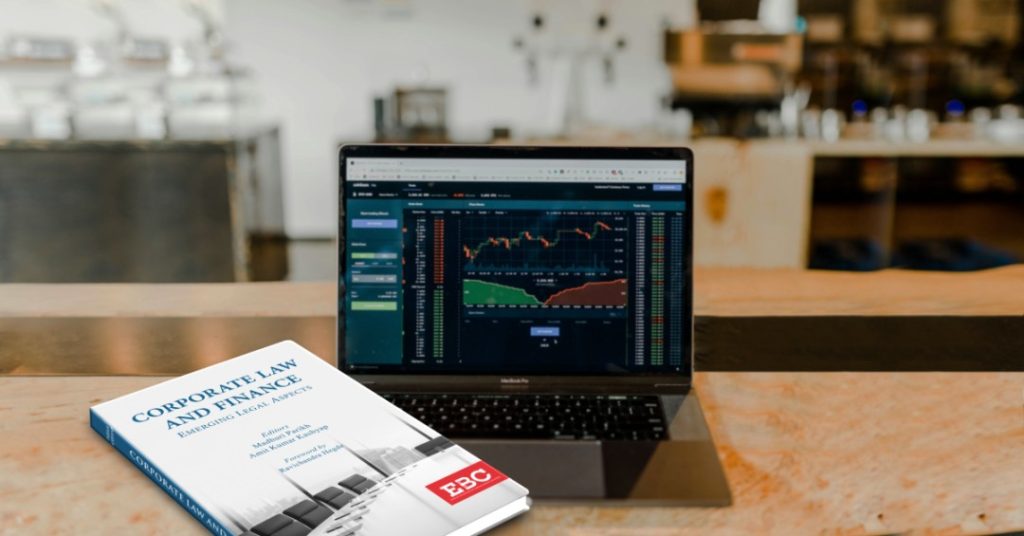
Ever heard the term insider trading and wondered what the hype is about? Well, you’re not alone. It sounds complicated, but it’s actually pretty simple once you break it down. Let’s dive in!
What Is Insider Trading?
Insider trading happens when someone buys or sells stocks (shares of a company) based on secret information that the public doesn’t know yet.
Imagine this: your friend works at a big company and knows that the company is about to announce a huge new product. Before the news goes public, they buy a bunch of stock because they know the price will go up. That’s insider trading.
Why Is Insider Trading a Big Deal?
Here’s the problem: insider trading isn’t fair. People using secret information get an unfair advantage over regular investors.
Think about it like a race where some runners get a head start. It ruins the game.
What Counts as Insider Information?
Insider information means any important fact about a company that could affect its stock price but hasn’t been shared with the public yet.
Examples include
• A company planning to launch a new product
• Upcoming mergers or deals
• Financial results before they’re announced
• Changes in top management
If you use this info to trade stocks before anyone else knows, it’s illegal.
Who Are Insiders?
Insiders aren’t just company bosses. It can be
• Employees
• Directors or managers
• Lawyers or accountants working with the company
• Anyone who gets private info through their job
Even if you’re not an insider but get secret info from someone who is, you can get in trouble too.
What Happens If You Get Caught?
The law takes insider trading very seriously. If you’re caught, you could face
• Heavy fines
• Jail time
• Losing your job and reputation
So, it’s really not worth the risk!
How Do Authorities Catch Insider Trading?
Thanks to advanced technology and strict rules, regulators (the people who watch the market) can track suspicious trading.
They look for things like
• Trading just before big company news
• Patterns of people buying or selling stocks based on secret information.
Can You Ever Use Insider Information Legally?
Yes, but only in special cases. For example, if the company publicly shares the info, or if you trade based on your own research and public facts.
Trading on non-public secret info is the key no-no.
Why Should You Care?
Even if you’re not working in a big company, insider trading affects the entire stock market. It makes the market unfair and shakes investors’ trust.
When the market is fair, more people invest, and everyone benefits
Quick Recap
Insider trading equals trading stocks using secret information
It’s unfair and illegal
Insiders include employees and anyone with private info
Getting caught means fines, jail, and big trouble
Regulators watch closely to catch cheaters
Final Thought
So, next time you hear about insider trading, you’ll know why it’s such a big deal. It’s all about keeping the stock market fair and square.
If you want to learn more about the legal world behind corporate finance and market rules, check out “Corporate Law & Finance: Emerging Legal Aspects” by Madhuri Parikh and Amit Kumar Kashyap, a great read for understanding today’s legal dramas!
















